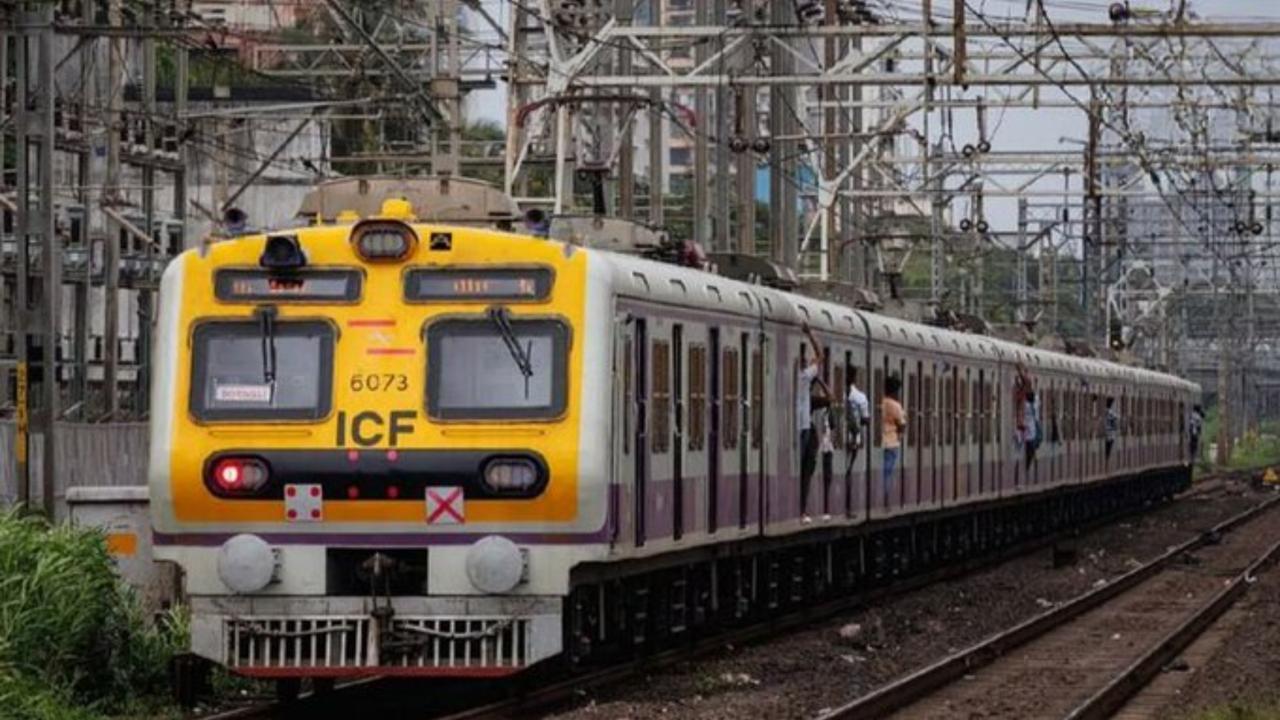
Post by : Amit
Photo : X / SakalMedia
A New Era for Mumbai’s Local Trains Begins
In a city where the railway isn’t just a mode of transport but a way of life, Central Railway has taken a landmark step towards passenger safety by unveiling Mumbai’s first closed-door local train coach. Introduced at the Matunga Carriage Workshop, the redesigned Electric Multiple Unit (EMU) coach features automatic doors, a move that aims to reduce the city’s longstanding issue of fatalities and injuries resulting from overcrowding and dangerous boarding habits.
This closed-door prototype coach could redefine the daily commuting experience for millions of Mumbaikars. The plan is bold and ambitious—it seeks to reverse decades of behavioral patterns where passengers are used to open-door travel, often boarding and alighting trains while they are still in motion.
Why the Change Was Desperately Needed
Mumbai’s local trains carry over 7.5 million passengers daily, making them one of the busiest suburban rail systems in the world. While they’ve been called the city’s "lifeline," they also represent one of its most hazardous travel environments. Over the past several years, government data shows that more than 2,000 deaths occur annually due to people falling from overcrowded trains or while attempting to board or exit moving trains.
Many of these incidents stem directly from the fact that local train coaches currently do not have automatic doors. Trains operate with open doorways, often leading to people hanging out during rush hours or slipping from narrow footboards. Central Railway’s move to install automatic sliding doors on a suburban EMU coach is aimed squarely at ending this dangerous norm.
This prototype is modeled after the successful door mechanisms used in Metro trains, which are designed to stay shut during motion and open only when the train is at a complete stop.
What Makes the Prototype Special
The prototype closed-door coach is an impressive example of in-house engineering innovation. Developed and fitted at Central Railway’s Matunga Workshop, the coach includes:
According to Central Railway officials, the prototype is now ready for static and dynamic testing, after which it could enter trial service on live routes. The eventual goal is to gather commuter feedback, analyze system reliability, and chart a roadmap for a wider rollout.
A Cultural and Behavioral Shift in Motion
Introducing closed-door coaches may sound straightforward, but in the context of Mumbai’s transport culture, it represents a deep behavioral shift. For decades, passengers have grown used to—and even adapted their routines around—open-door travel. It’s not uncommon to see people boarding running trains, standing on footboards, or hanging out of coaches during peak hours.
This behavior, while often born of necessity due to overcrowding, poses extreme dangers. Many commuters justify the risk for the sake of time, as delays in boarding often mean missing a train entirely. Authorities recognize that changing this mindset will take time, education, and trust in the system.
By phasing in these closed-door coaches and running them alongside traditional ones for a trial period, officials aim to help passengers adjust gradually to the new safety model.
Past Proposals, Present Breakthrough
Closed-door local train systems have been proposed and discussed for over two decades in Mumbai, but never fully materialized. Earlier plans faced significant technical and operational hurdles, including questions around emergency access, power reliability, and passenger evacuation protocols. There were also concerns about how closed-door systems would function during major rush hours.
The current rollout represents the first time such a system has been successfully integrated onto a regular EMU coach, rather than designing an entirely new train model. It also comes at a time when Mumbai’s transportation infrastructure is undergoing significant upgrades, including new corridors, air-conditioned locals, and urban Metro expansions.
Passenger Reactions and Expectations
Reactions to the new coach are cautiously optimistic. Some regular commuters, especially senior citizens and working professionals, have welcomed the added safety, comfort, and cleanliness that such closed-door systems could bring. However, younger and time-sensitive commuters have expressed concern about boarding delays and how the system might perform during the morning and evening rush.
“I take the 8:21 train from Dadar every day, and it’s already packed. If the doors take time to open or close, how will so many of us get in?” asked Sandeep Joshi, a daily commuter from Kurla.
Officials argue that the long-term safety benefits far outweigh the minor delays, and that improved platform management and train frequency will help balance the load.
Where do we go from here?
The introduction of the closed-door coach is currently in the prototype phase, but if successful, it will open the gates for a much larger transformation of the suburban railway system. The next steps include:
If the trials go well, Central Railway may work with Indian Railways and the Integral Coach Factory (ICF) in Chennai to begin incorporating these features into future production lines. The eventual aim is to make closed-door coaches the standard on all Mumbai locals.
A Step Towards Safer and Smarter Cities
This innovation also ties into the broader vision of India’s smart transportation future. Urban transport systems are evolving to meet the demands of rapidly growing cities, and safety is no longer a negotiable feature—it’s essential. By introducing closed-door coaches, Central Railway is not only upgrading hardware but also making a statement: that human lives come first, even in the world’s busiest train systems.
With urban centers like Delhi, Bengaluru, and Hyderabad already running high-tech Metro systems with safety protocols, it’s high time Mumbai’s suburban railway caught up. The prototype may look modest now, but it signals a larger cultural reset—one that values disciplined boarding, scheduled travel, and a focus on commuter well-being over crowd-induced chaos.
A City on the Brink of Change
Mumbai’s trains are more than steel and wheels—they are a shared social space, an emotional lifeline, and a daily battlefield for time. But as the city gears up to meet the future, safety must become central to its narrative. The closed-door coach isn’t just a machine—it’s a metaphor for progress, accountability, and innovation.
The days of clinging to speeding trains might soon be a thing of the past. And that would be a monumental win for Mumbai.
Mumbai, Local Train Coach
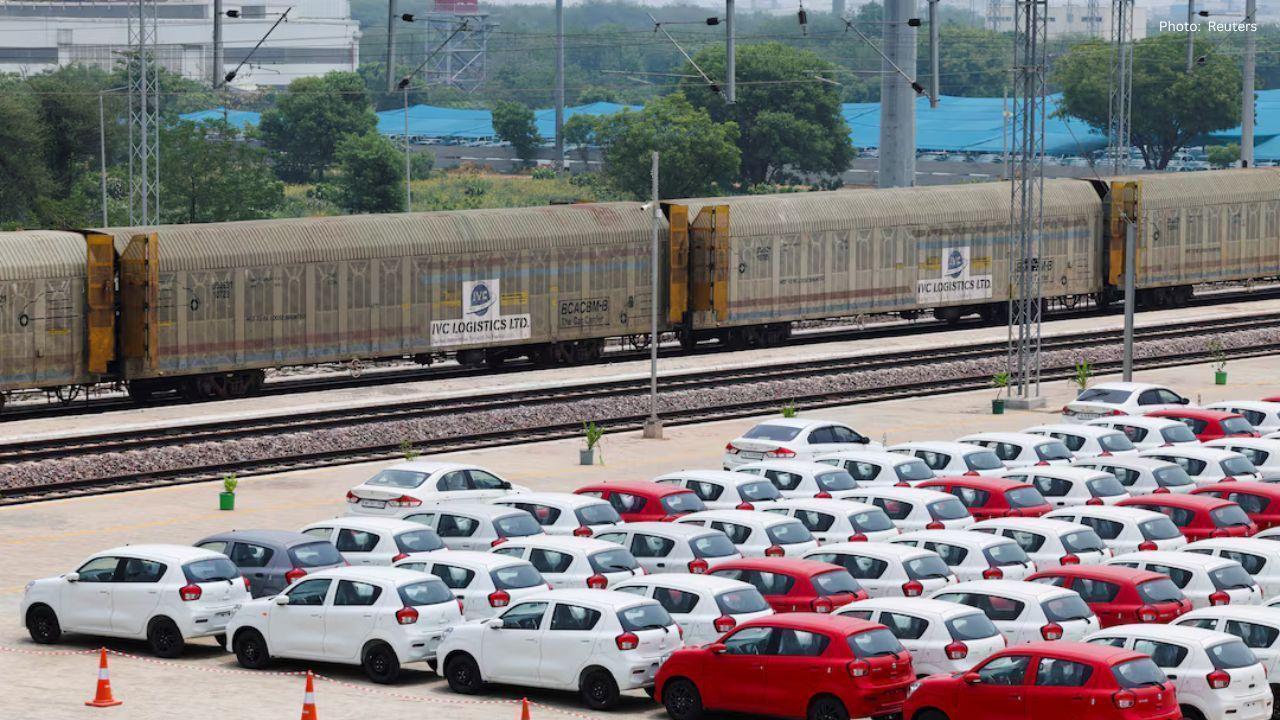
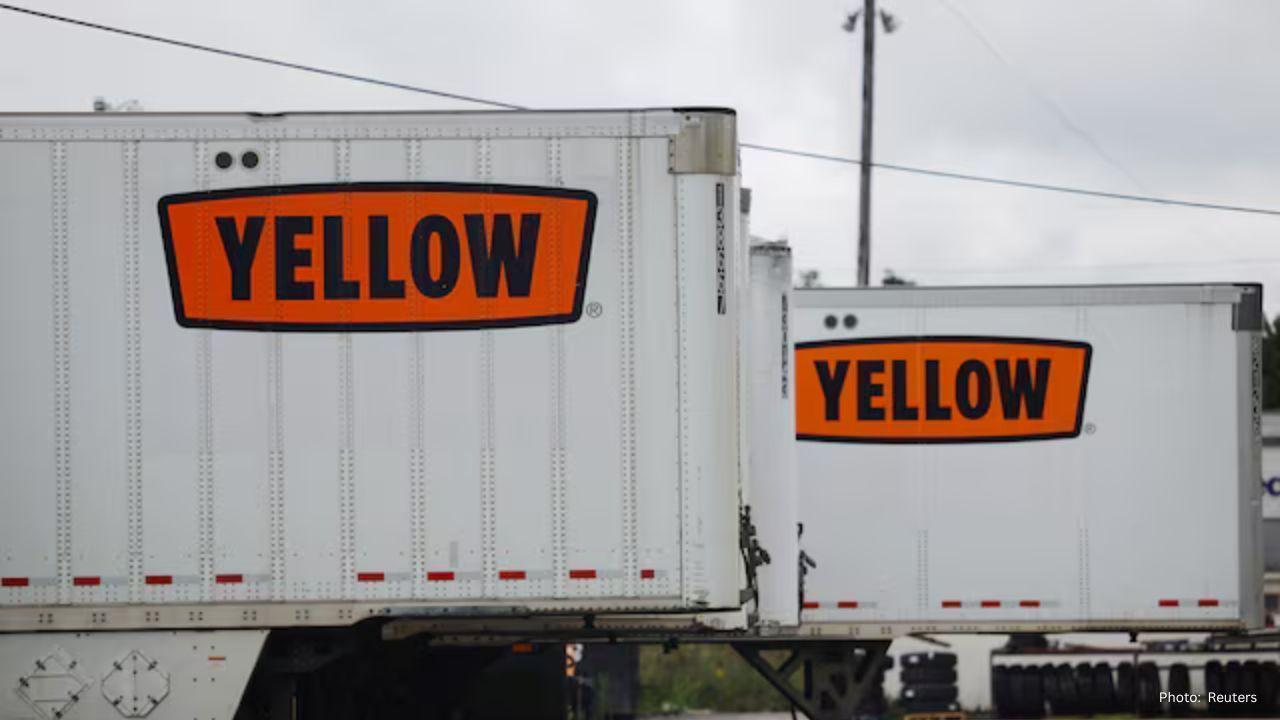
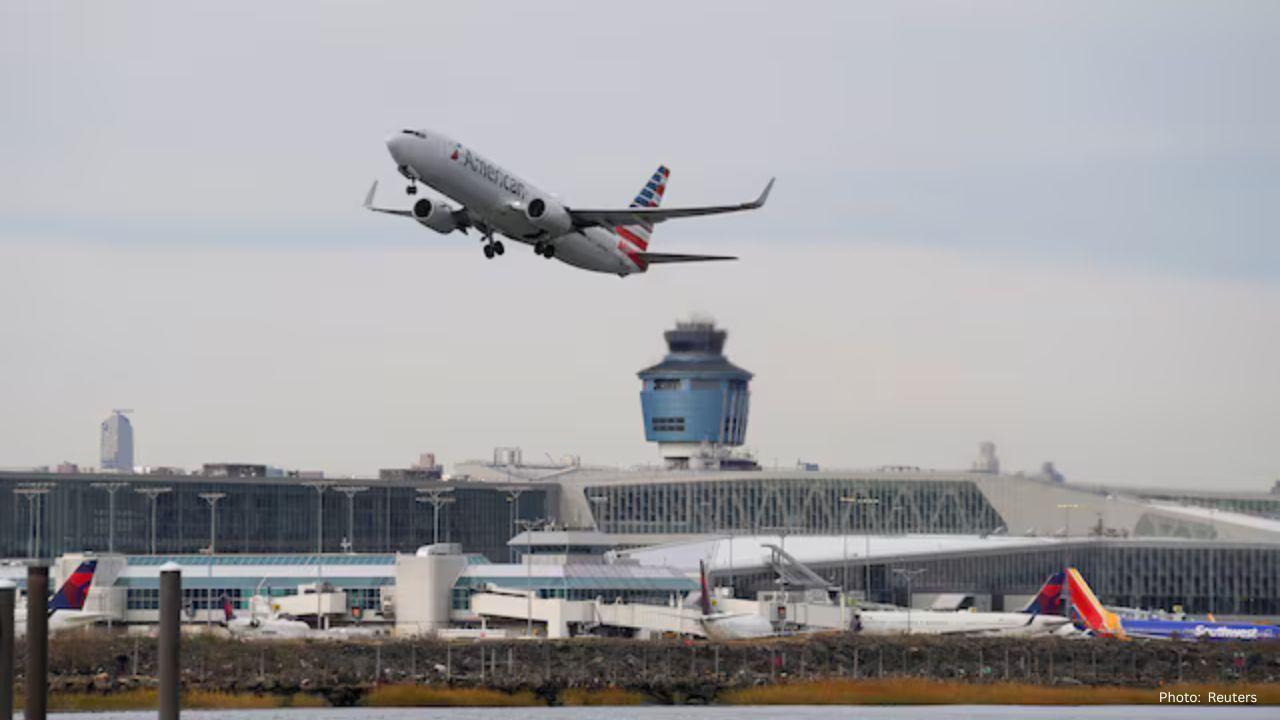
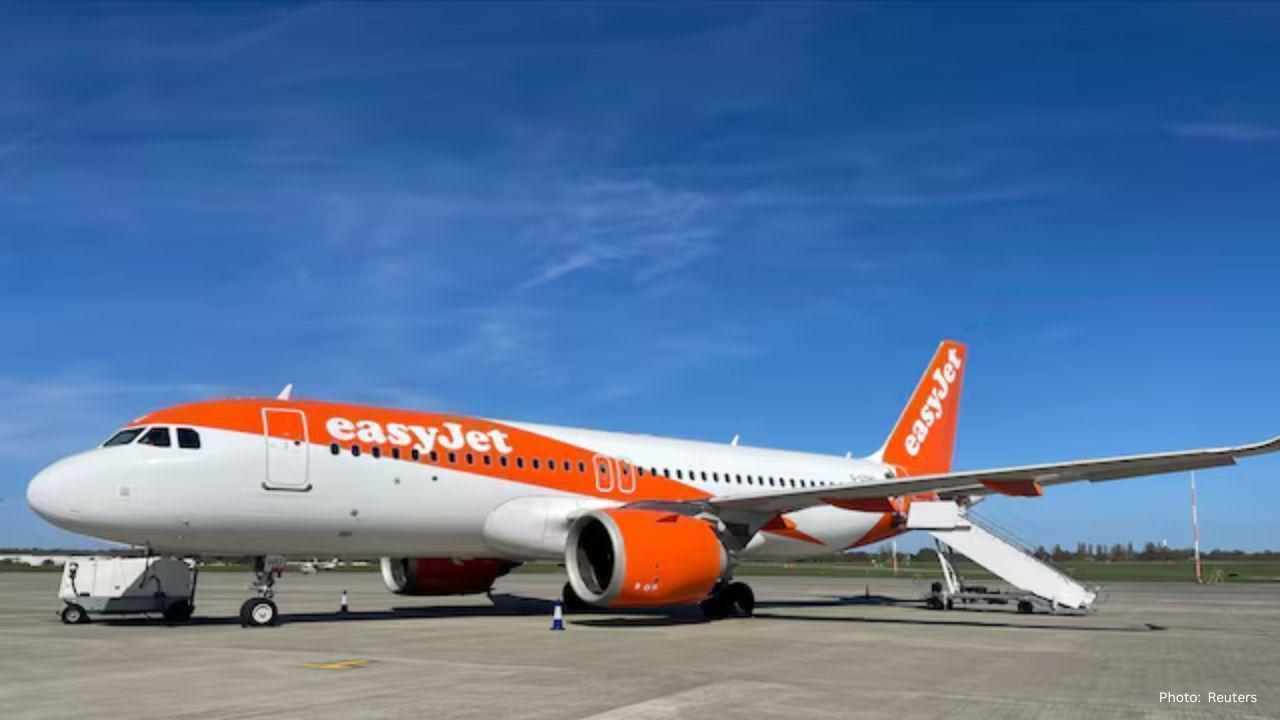
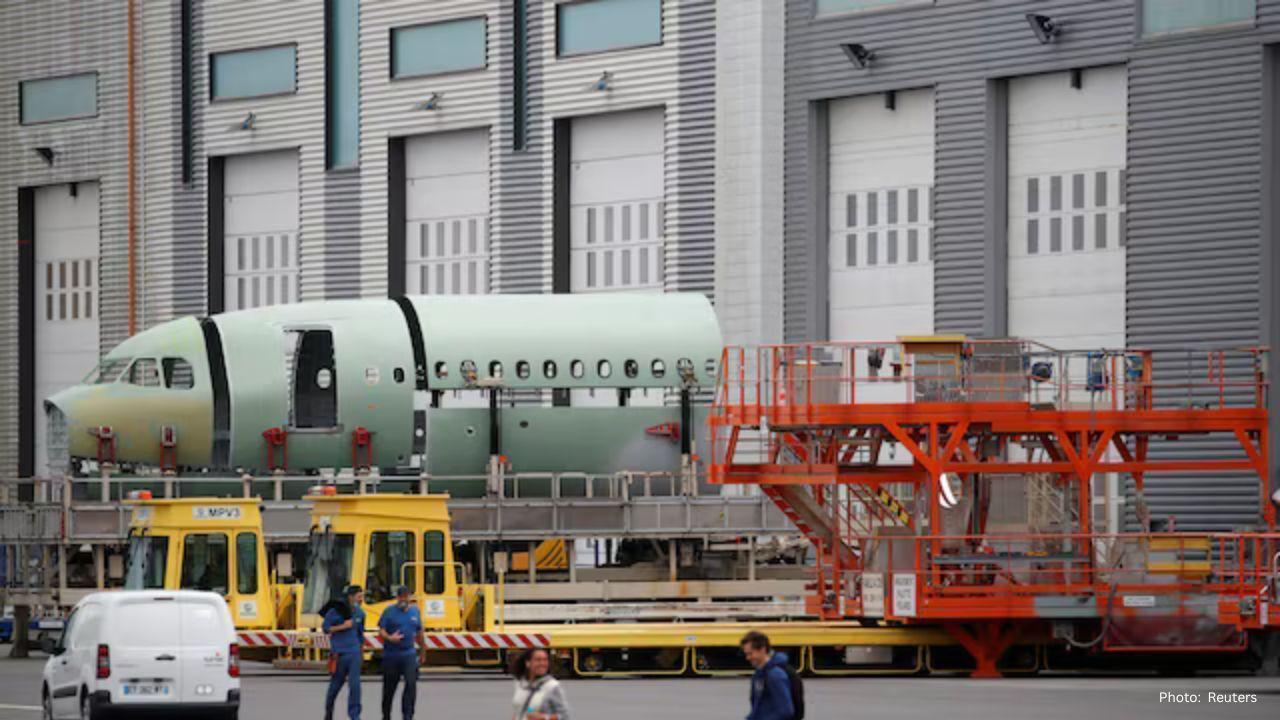
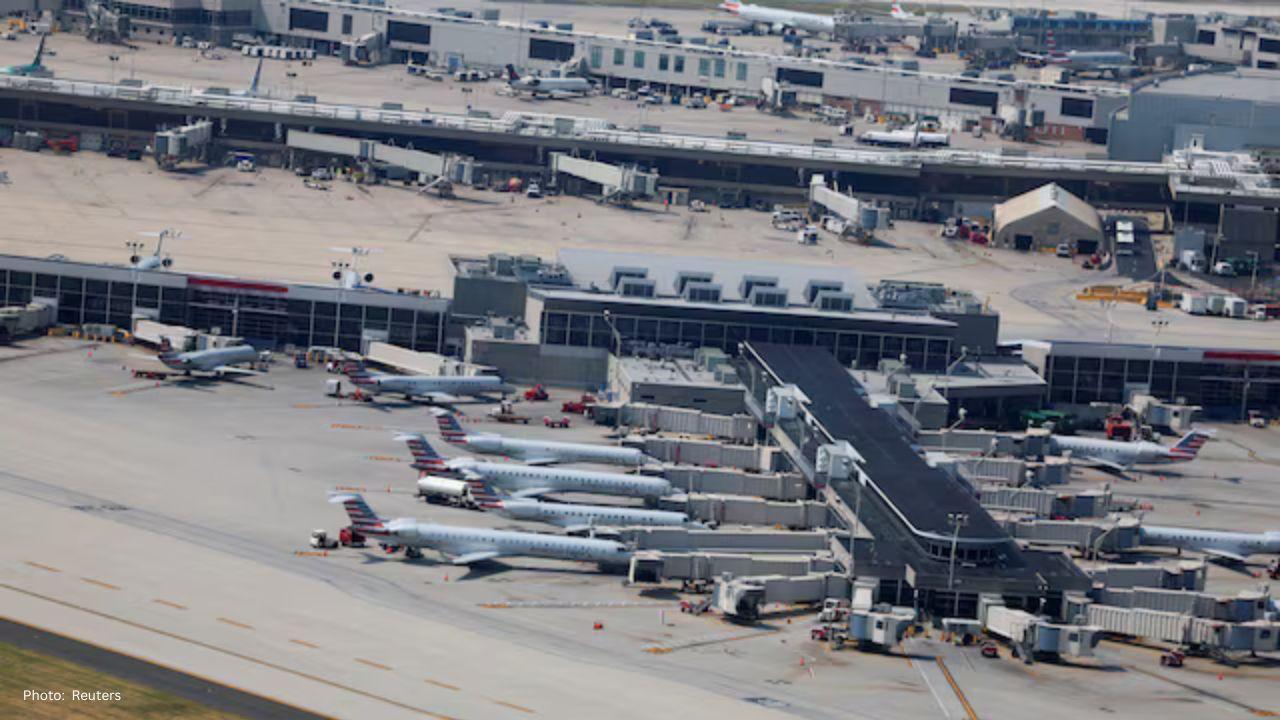
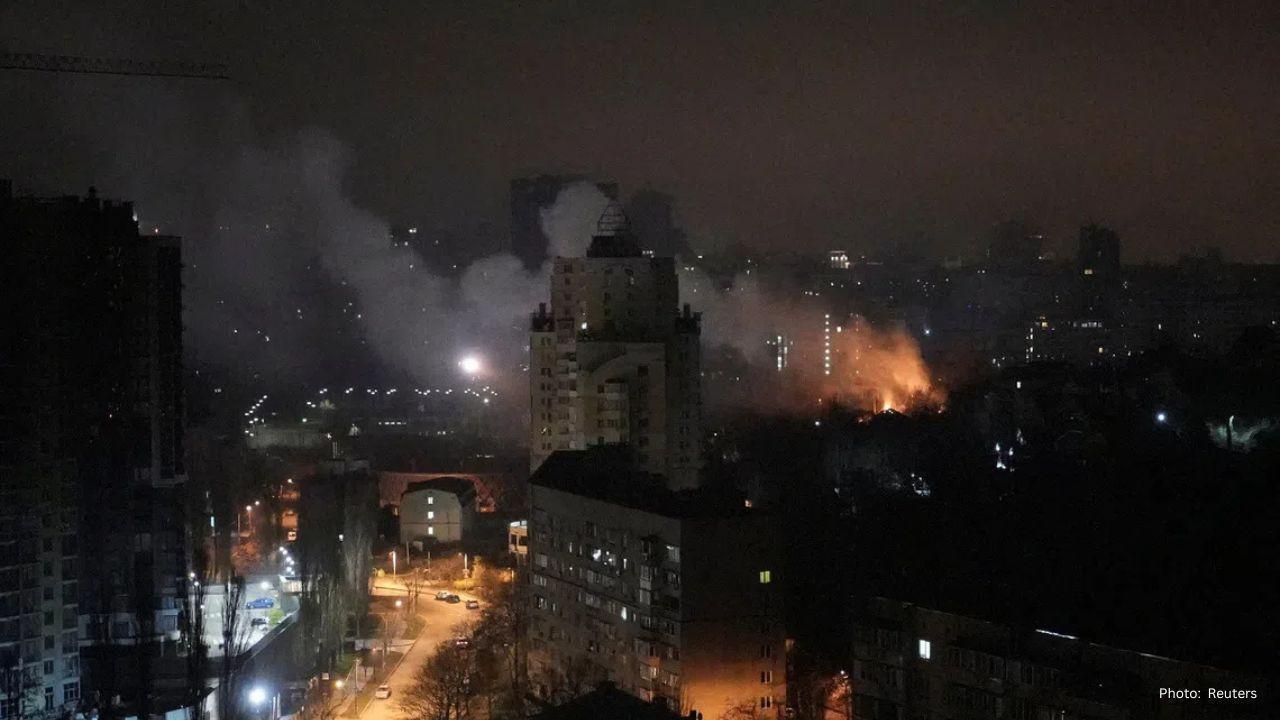
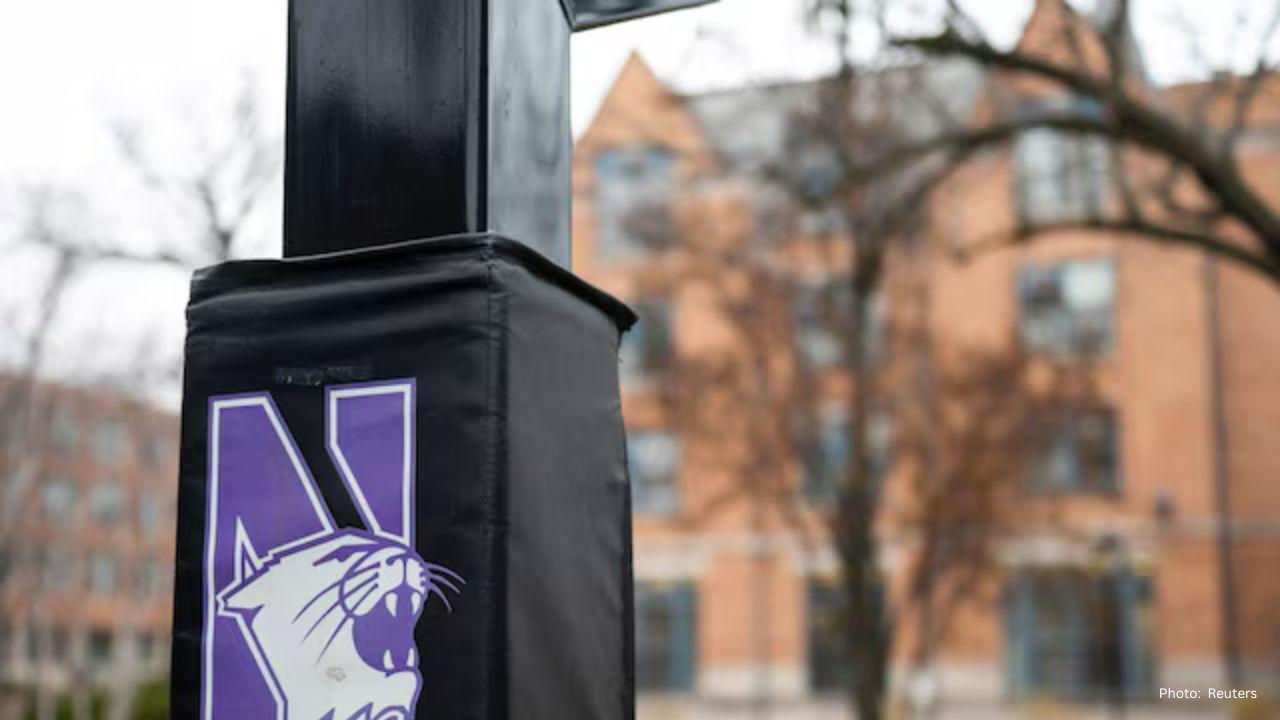
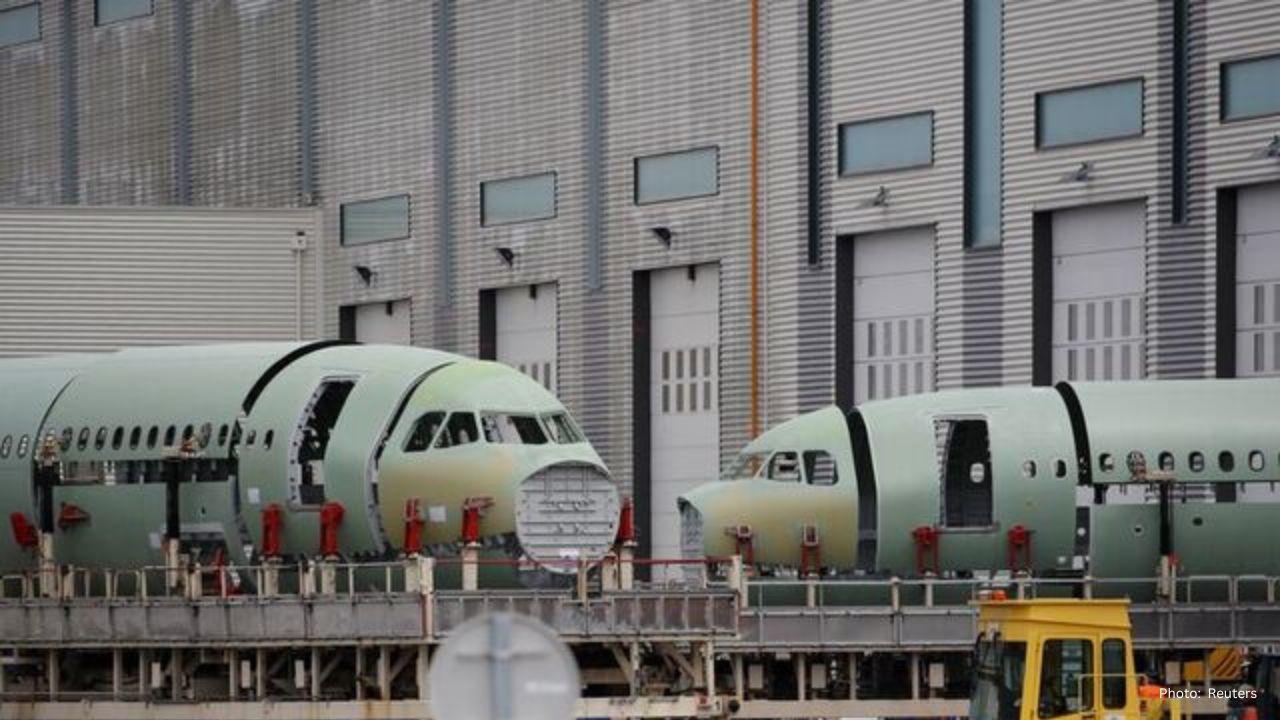

Advances in Aerospace Technology and Commercial Aviation Recovery
Insights into breakthrough aerospace technologies and commercial aviation’s recovery amid 2025 chall

Defense Modernization and Strategic Spending Trends
Explore key trends in global defense modernization and strategic military spending shaping 2025 secu

Tens of Thousands Protest in Serbia on Anniversary of Deadly Roof Collapse
Tens of thousands in Novi Sad mark a year since a deadly station roof collapse that killed 16, prote

Canada PM Carney Apologizes to Trump Over Controversial Reagan Anti-Tariff Ad
Canadian PM Mark Carney apologized to President Trump over an Ontario anti-tariff ad quoting Reagan,

The ad that stirred a hornets nest, and made Canadian PM Carney say sorry to Trump
Canadian PM Mark Carney apologizes to US President Trump after a tariff-related ad causes diplomatic

Bengaluru-Mumbai Superfast Train Approved After 30-Year Wait
Railways approves new superfast train connecting Bengaluru and Mumbai, ending a 30-year demand, easi